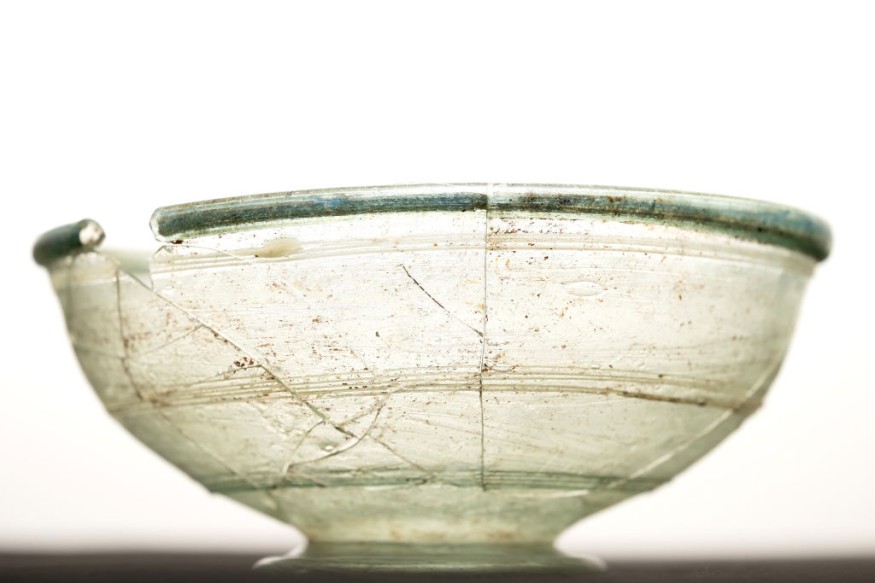An excavation for a railway project in England unexpectedly turned into an archaeological site when experts stumbled upon an ancient burial place. According to the scientists, the place lying beneath the dig for HS2 (high-speed railroad line) was an Anglo-Saxon cemetery created between the 5th and 6th century AD.
The remains scattered across the site in Buckinghamshire were filled with treasures of high-status groups. The collection suggests that the place was utilized exclusively by wealthy Anglo-Saxon people during the time.
Anglo-Saxon Graveyard with Relics from Various Ages

Analysis showed that the site contained 138 graves, including 141 normal burials and five cremated remains. Clues around the site, located near the towns of Wendover, suggest that the traditions utilized across the ceremonies were a mixture of the Neolithic, bronze age, iron age, and Roman cultures, according to CNN.
The majority of the individuals buried at the graveyard had a couple of brooches that varied between silver-made or disk-shaped. The brooches were positioned in the collar bones of the dead, which implies that they might have been part of a once-complete garment like cloaks or peplos as attires for the departed.
Some of the artifacts collected from the site were imported from other European regions. The goods vary from metal and raw materials to amber beads, and ceramics. The items totaled over 2,000 beads, over 80 brooches, 40 buckles, 50 knives, 50 spearheads, and seven shield bosses. Heritage Daily reports also extracted a single bucket made from wood and iron from the place.
A couple of glass cone beakers were also discovered without any damage. The ceramics were commonly crafted in Northern France. The presence of beakers on the grave site also indicates that the groups that utilized the place had access to drinking liquids, such as wines, that were traded from far places.
Burial Site for High-Status British Anglo-Saxon
One woman was also discovered full of almost each of the goods at her tomb. This suggests the individual might have a rank higher than most rich people buried at the site.
The woman had a special glass bowl crafted from green glass and was dated to the 5th century, an item that is likely an heirloom passed down to her. Ivory-based fashion items were gathered from the woman alongside copper alloys and iron-based materials.
A distinctive but common motif of Anglo-Saxon, which was sculpted into a figure of a cross, was identified across stamps scattered on the burial site. The markings were applied to vessels, urns, accessories, and graves, BBC reports.
The archaeology team that led the dig explained that the site held one of the major clues that gave a glimpse of Anglo-Saxon Britain's huge, ancient world. It was not expected that this find would surface, and finding a few items from the age is surprising, but a whole trove like the recent discovery is quite unbelievable, they added.
The site also offers insights into life during the famous but mysterious period of the Romans, as the experts continued to discover only a few hints from that era.
RELATED ARTICLE : Chinese Trove Recently Unearthed in Sanxingdui Site Offers a Glimpse of Ancient Kingdom's Mysterious Side
Check out more news and information on Archaeology in Science Times.
© 2025 ScienceTimes.com All rights reserved. Do not reproduce without permission. The window to the world of Science Times.












